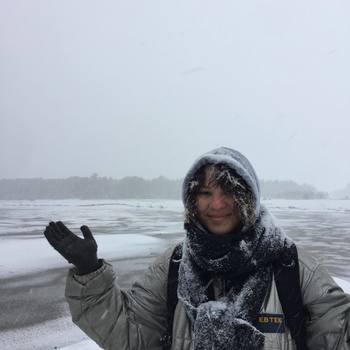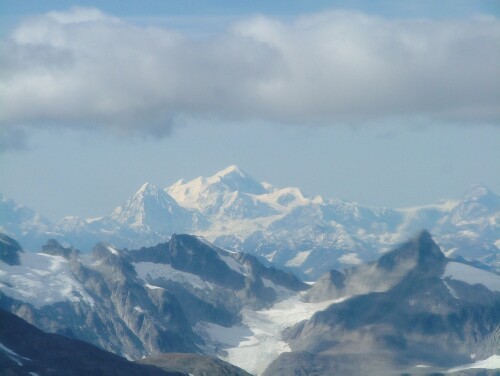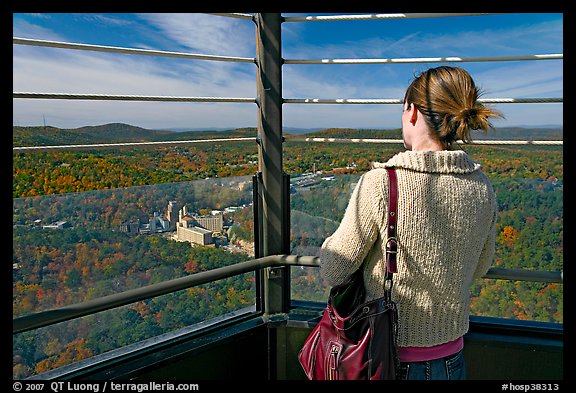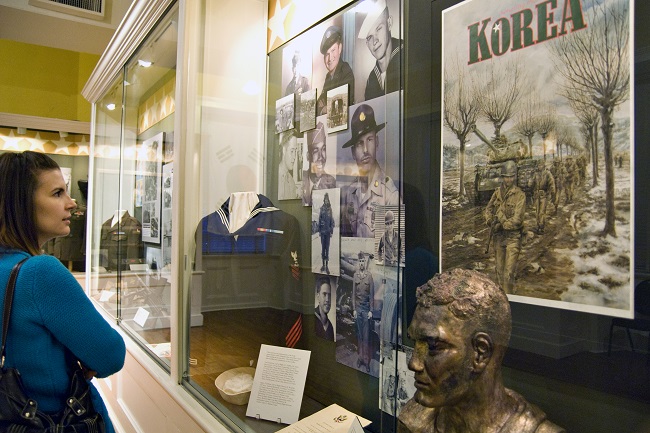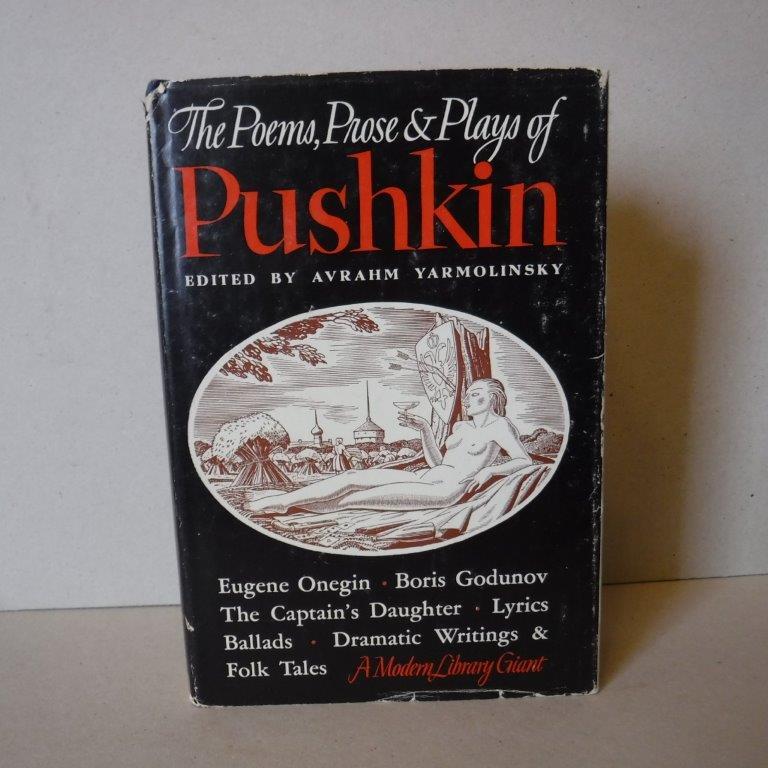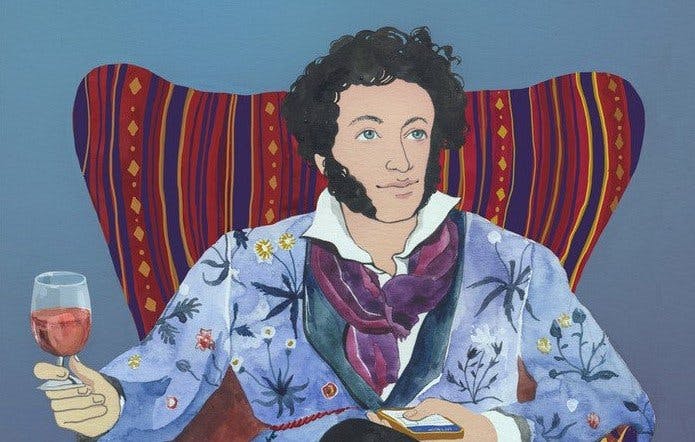This is, in my opinion, one of the better Henry James books. It is not the only one that I have thought especially well-done, or been able, at least in my own mind, to follow, but it is one of the few that I can honestly say I have enjoyed and really looked forward to reading the next chapter every morning (the others that come to mind being the early The American and the much shorter Turn of the Screw and Aspern Papers). This middle period book has some of his clearest and best sentences in describing thoughts and motivations--not as exquisitely subtle, I suppose, as in the later masterpieces, but as I have not to this point really been able to follow the thought processes in those later books the full glory of their subtleties have been kind of lost on me. The IWE introduction notes that:
"The Bostonians is a novel of James's 'middle period.' He was in the realm of high society as usual, this time in the very starched Boston of the late 19th century. The novel was not successful when published and James was very unhappy. Among other things, it was considered wicked. Perhaps it was and still is, but it is among his most important works."
Here is my book, accompanied by some seasonal spirit. It is the Modern Library edition with one of their especially attractive jackets. I got it at a library book sale in 1986.


The 'wickedness' I assume refers to the numerous blatantly lesbian characters and their implied domestic arrangements, though how x-rated in the physical sense matters really got between Verena and Olive (or even, for that matter, Dr Prance and Miss Birdseye), I don't have a great sense of. Also, on the overall Henry James starchiness scale, I would rate this one as being on the lower end. It's set entirely in America. One of the main characters is from Mississippi. The crowd in New York is rich and given to sumptuous dining and so on, but I don't remember encountering anyone there whose breeding would be considered by James or anyone else to meet the highest standard compared to the French aristocrats and the like who populate his other novels. Olive is perhaps the starchiest character in the book, and she is designated on multiple occasions as a "provincial."
p. 18 "...the Back Bay (don't you hate the name?)" I've always kind of found the name unsatisfying too, for various reasons. When I used to take Amtrak in the 80s and 90s, the train always stopped at the Back Bay Station (I don't know whether it still does), which was modern and ugly, and no one ever got on or off, and I am still kind of vague as to what it is, or is supposed to signify (I know it was an actual bay that was filled in and made into a somewhat fashionable neighborhood around the time this novel was written, but I don't have much of a sense of what it is now).
p. 21 "'In sympathy with what, dear madam?' Basil Ransom asked, failing still, to her perception, to catch the tone of real seriousness. 'If, as you say, there is to be a discussion, there will be different sides, and of course one can't sympathize with both."
p. 31 "They sat there as if they were waiting for something; they looked obliquely and silently at Mrs. Farrinder, and were plainly under the impression that, fortunately, they were not there to amuse themselves."
I mark down these early quotations as a way of building up to anything it might occur to me to say later on.
p. 43 "...the time hadn't come when a lady-doctor was sent for by a gentleman, and she hoped it never would, though some people seemed to think that this was what lady-doctors were working for."
(handwritten note I can't read--There are a lot of little (somethings?) of interest here).
p. 46 "I am only myself, I only rise to the occasion, when I see prejudice, when I see bigotry, when I see injustice, when I see conservatism, massed before me like an army...I must have unfriendly elements..."
p. 50 "He had a passionate tenderness for his own country, and a sense of intimate connection with it which would have made it as impossible for him to take a roomful of Northern fanatics into his confidence as to read aloud his mother's or his mistress's letters."
p. 76 "But except when her mother made her slightly dizzy by a resentment of some slight that she herself had never perceived, or a flutter over some opportunity that appeared already to have passed...Verena had no vivid sense that she was not as good as any one else, for no authority appealing really to her imagination had fixed the place of mesmeric healers in the scale of fashion." I have met a few people in the course of my life of this genuine democratic mindset, mostly in northern New England.
p. 116 "There was nothing in the house to speak of; nothing, to Olive's sense, but a smell of kerosene; though she had a consciousness of sitting down somewhere--the object creaked and rocked beneath her--and of the table at tea being covered with a cloth stamped in bright colors." The snobbery is really brutal whenever Verena's parents come into the story.
It is odd how reading these 100 year old books seems so outdated to me now in a way that it did not even in 1990. The world (social, institutional) of the past still seemed basically relatable then in a way that it doesn't now. So many things--the racial and cultural makeup of society, particularly with regard to peoples who were virtually unknown in Western countries even 30-40 years ago, male social roles, educational structures, in addition to the obvious technological changes with regard to consuming books and newspapers, have perhaps changed more in the last 30 years than they did in the previous 100, as far as the pursuit of literary engagement goes.
p. 152 "She went so far as to ask Olive whether taste and art were not something...Miss Chancellor, of course, had her answer ready. Taste and art were good when they enlarged the mind, not when they narrowed it."
p. 248 On the Memorial Hall at Harvard, which you can still wander into today, or at least could 15 or 20 years ago: "The effect of the place is singularly noble and solemn, and it is impossible to feel it without a lifting of the heart. It stands there for duty and honor, it speaks of sacrifice and example, seems a kind of temple to youth, manhood, generosity. Most of them were young, all were in their prime, and all of them had fallen..." It is a rather beautiful place. I should make a point of going down and visiting it if it ever opens to the public again. I have frequently of late been afflicted with a more than usual longing to travel as a result of my reading--with The Betrothed, it was Milan, with Bonjour Tristesse it was Nice and the Riviera, with Boris Godunov it was Moscow. But I could actually go to Boston. Olive lived on Charles Street, which has a lot of upscale shops and the like now, but the nineteenth century buildings and atmosphere are pretty well-preserved.

Memorial Hall, Harvard University
James, who went to Harvard, saw it as decidedly inferior at that time to the European Universities, and perhaps it was, though the rise of American power and influence over the ensuing century have allowed many of its students and faculty members of this general period to remain well-known names.
p. 246 While touring one of the Harvard Libraries, there is a mention of the card catalogue. A system still current 100 years on, in 1986, when I acquired my copy of this book, but now of course antiquated.
The depiction of Verena's simplicity but "preternatural candor" is good. It is difficult to write a character like that. In fact I think all of the characters in this are quite well-done and multi-dimensional. It's one of his best books for that.
p. 280 "...he wanted to see her alone, not in a supper-room crowded with millionaires." Don't we all, pal.
In the present social environment, it is clear which characters we should sympathize with (not Ransom!), but H.J. is a little more ambiguous. I think he is more sympathetic to the claims of women than was usual in that era--he must have had something of a curious and open mind, if the ideas were presented in a guise adequate to his perceptiveness--but I do not think he saw how realistically these were supposed to come off on a societally broad scale.
p. 343 "I am so far from thinking, as you set forth the other night, that there is not enough woman in our general life, that it has long been pressed home to me that there is a great deal too much. The whole generation is womanized; the masculine tone is passing out of the world; it's a feminine, a nervous, a hysterical, chattering, canting age, an age of hollow phrases and false delicacy and exaggerated solicitudes and coddled sensibilities, which, if we don't look out, will usher in the reign of mediocrity, of the feeblest and flattest and the most pretentious that has ever been." Dull-witted men never learn.
p. 348 "...the beer-saloons, with exposed shoulders and sides, which in New York do a good deal toward representing the picturesque, the 'bit' appreciated by painters, announced themselves in signs of large lettering to the sky." The days when German and Irish immigrants (my people, or 3/4 of them) teemed in New York.
Is Verena, the "daughter of New England", the most appealing H.J. heroine? I think so, though most modern readers must be disappointed by her submission to such a distastefully anti-feminist man. I am not being sarcastic either, even I find it difficult to take the smug superiority of Ransom, who is the prototype of the mansplaining, mediocre, worthless white guy we have all come to know and hate. Unfortunately in 1880 there is no one who can really put him in his place.
Starbucks on Charles Street, Boston, MA
I did write this on Twitter as well, and it didn't get a bug response, but Henry James didn't like beer, I don't think. Whenever a character is drinking it, usually in a German tavern or beer-garden, we can take it as a fair sign that he is down on his luck.
This is, incredibly, the end of Henry James on the IWE list. We do not see him again. One could almost think (if they hadn't left out The Ambassadors) that they just took the first three of his books alphabetically and said, we've reached our quota of Henry James, we'll stop now. This was a decent sample--The American and this book, as noted above, are two of my favorites of his, though I would have chosen something else in place of The Awkward Age, which I made a fairly strenuous effort to get into but just could not. The choices do feel rather random. While the final three extremely difficult novels, along with Portrait of a Lady and maybe Turn of the Screw (?) seem to be the most highly regarded of his books now, what were the most celebrated ones in 1960? Portrait still, and perhaps Daisy Miller, neither of which were chosen for this list. I don't know. But it is nonetheless farewell to Henry James, unless we have the good fortune to encounter him sometime in our Challenge.
The Challenge
1. Pride and Prejudice (movie-2005).....................................................................................14,920
2. Min Jin Lee--Pachinko.........................................................................................................6,426
3. Margaret Mitchell--Gone With the Wind..............................................................................4,674
4. Raina Telgemeier--Drama....................................................................................................4,427
5. Gregory Maguire--Wicked....................................................................................................3,475
6. Narrative of the Life of Frederick Douglass........................................................................2,216
7. Philadelphia (movie-1993)..................................................................................................2,195
8. Nancy Isenberg--White Trash...............................................................................................1,849
9. Sharon Kay Penman--A King's Ransom..................................................................................450
10. Kira Jane Buxton--Hollow Kingdom.....................................................................................437
11. Chris Ware--Rusty Brown......................................................................................................303
12. Robyn Carr--The Wedding Party...........................................................................................282
13. Aiden Thomas--Cemetery Boys............................................................................................220
14. Arthur Conan Doyle--The Return of Sherlock Holmes.........................................................140
15. Gus Pelagatti--Wicked Wives.................................................................................................106
16. Tillie Walden--Are You Listening?..........................................................................................80
1st Round
A high qualifying threshold for this tournament, leaving out some books I have heard of.
#16 Walden over #1 Pride and Prejudice
#15 Pelagatti over #2 Lee
Pelagatti had an upset.
#3 Mitchell over #14 Conan Doyle
IWE authors generally get an immunity through the first two rounds, unless they come up against a book with an upset, which is the case here.
#4 Telgemeier over #13 Thomas
Cartoon/graphic novel over a Young Adult novel featuring a trans protaganist.
#5 Maguire over #12 Carr
Carr is a romance novel. I need to figure out a way to minimize their qualifying for the tournament, since when they come up they always have a lot of reviews, much more than popular history or science books.
#6 Douglass over #11 Ware
Ware is another comic book. I hope these aren't going to start qualifying in large numbers (though the acclaimed Persepolis is a past winner of this tournament, and I did read it).
#10 Buxton over #7 Philadelphia
The 1984 Merchant Ivory adaptation of the Bostonians did come up as an entrant for this tournament, but with only 69 reviews, it was the 17th place finisher and didn't qualify. I am putting it on my to-watch list anyway, although I suspect I am not going to like it that much.
#8 Isenberg over #9 Penman
As you know I am generally down on genre books as far as this competition goes unless they are regarded as classics of a kind.
Quarterfinals
#3 Mitchell over #16 Walden
Walden is another graphic novel.
#15 Pelagatti over #4 Telgemeier
Pelagatti is a novel based on the seventeen murders of husbands by their wives in Philadelphia in 1938, which I had never heard of, though apparently it really happened.
#5 Maguire over #10 Buxton
The Maguire book is highly celebrated. Buxton's is science fiction set in a post-apocalyptic Seattle.
#6 Douglass over #8 Isenberg
The white trash book got some positive press, but I am not that hyped to read it.
Semifinals
#3 Mitchell over #15 Pelagatti
#6 Douglass over #5 Maguire
Championship
#3 Mitchell over #6 Douglass
Both of these books have appeared in this tournament before, both are of course very famous--there is some dispute over whether Gone With the Wind is worthy of being considered a classic, but it is at the very least iconic and has been well-loved by a certain class of reader. I have only avoided reading myself to this point because of its enormous length. It does have another upset to use here--it would be hard to justify passing over Douglass otherwise--and I think it is time to have a go at it.


